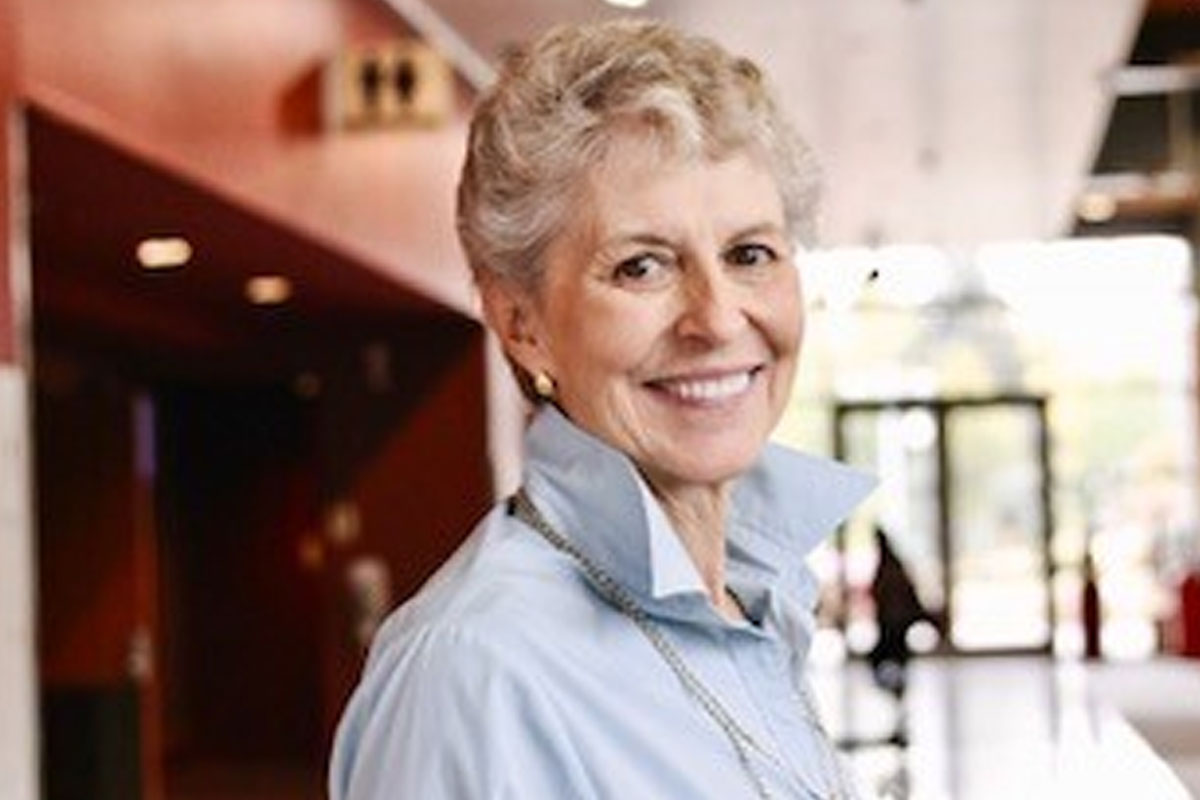Phoenix Charter School of Roseburg began in 1981 as an idea in the minds of two GED teachers at Umpqua Community College, seeking support for students with learning disabilities. Now, as the school celebrates its 35th year, we reflect on the spark where Phoenix began.
Phoenix was built on the notion that students who struggled with the mainstream learning system were still reachable. Maybe because the three people who helped launched Phoenix school were dyslexic themselves.
Tommy Neyhart, Vicki Morgan-Nunenkamp and Jacie Pratt developed the concept of an alternative school in Roseburg while sitting on a curb in an historic Roseburg neighborhood and then worked to make it a reality.
Neyhart and Morgan-Nunenkamp met when they worked together as GED instructors at Umpqua Community College. They saw the number of intelligent, capable students who were failing at Roseburg High School and went to work to find new ways to reach them. To empower them.
The approach involved patience, time and some psychology to help students understand that their world – and how they reacted to it – had changed. Jacki Pratt described how teachers carefully pointed out things that many of the students had never heard from an adult. “Then we had to do the therapy of ‘you are a good student’, ‘you are capable’ ‘you are intelligent’. We explained to them ‘the reason you don’t like people who were good students was because before, you thought you weren’t capable of achieving on that level. You called them those names and thought that way about them to make yourselves feel better. Now that you have proven you are also intelligent, you need to stop thinking of those other students that way.’”
The difference between how the students were treated at Phoenix and how they were being treated everywhere else in the mainstream world came down to personal time and essentially love, according to Morgan-Nunenkamp. “I think that was absolutely critical. That’s validating that they were good, they were valuable, they were intelligent, they were capable and we took the time to honor and recognize and validate them. Which empowered them, which meant they could take on anything, they could learn anything. And then go forward.”
Going forward eventually meant returning to Roseburg High School. Until 1996, Phoenix students would have to return to RHS to get their dimploma.
“I wanted our kids to go back and face the nemesis that they felt had gotten beaten them down,” says Morgan-Nunenkamp. “So it was important that they conquer that and we set them on a course to know that they could go back in there. We taught them processes rather than reacting, processes for how to move forward in a positive direction and it was amazing when the kids began to believe in themselves. That was more important to us than the academics. To focus on that language of caring and to teach them how to use that language to facilitate and move through their world.”
Sometimes that transition process led to some uncomfortable moments. “Sometimes we would meet with a teacher in the room explaining some things that they were going to experience. Sometimes they had to say uncomfortable things in front of the very teacher they had had problems with before – like, when you get angry at the teacher, you can’t return to your old habits. That kind of thing.”
“These kids were taught to be leaders, to be responsible, to take ownership of your behavior and what can we do about it, what do you need us to do.” Pratt said. “That’s how you survive in this world, rather than react, which gets you nowhere, or gets you locked up or gets you in a corner. That’s empowerment at its best.”
Morgan-Nunenkamp put it this way. “My kids at school always told me a phrase that will be on my gravestone is “It’s the choices we make.” The choices they make are theirs. They can react and be negative and that’s a choice, so what are you going to do about it? Or they can choose to take ownership for and turn it into a positive. So “choices we make” is probably the most key phrase to align with Phoenix School.”
Something Pratt recited almost word for word. “Choices we make or choices I make. Everything goes back to the choice you made. It didn’t turn out well? Go back to the choices you made.”
“We needed to break up the habits of how people behaved instead of the patterns they had been taught.”
Empowerment would reveal itself to Morgan-Nunenkamp in many ways at Phoenix in those early days.
“We could see every day, every hour within the day we were able to honor and ignite one child. Get the glimmer of a twinkle of an eye that had been glazed over. It was exhilarating.”
To learn more about Phoenix School, visit www.roseburgphoenix.com, find us on Facebook, or call (541) 673-3036.

